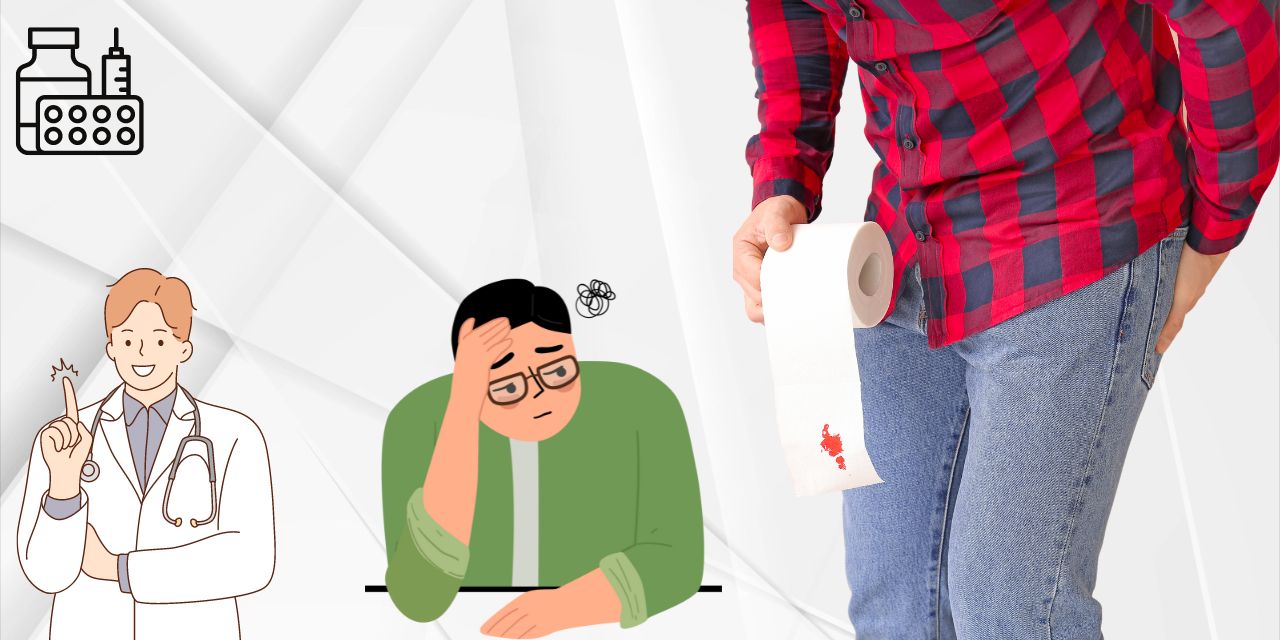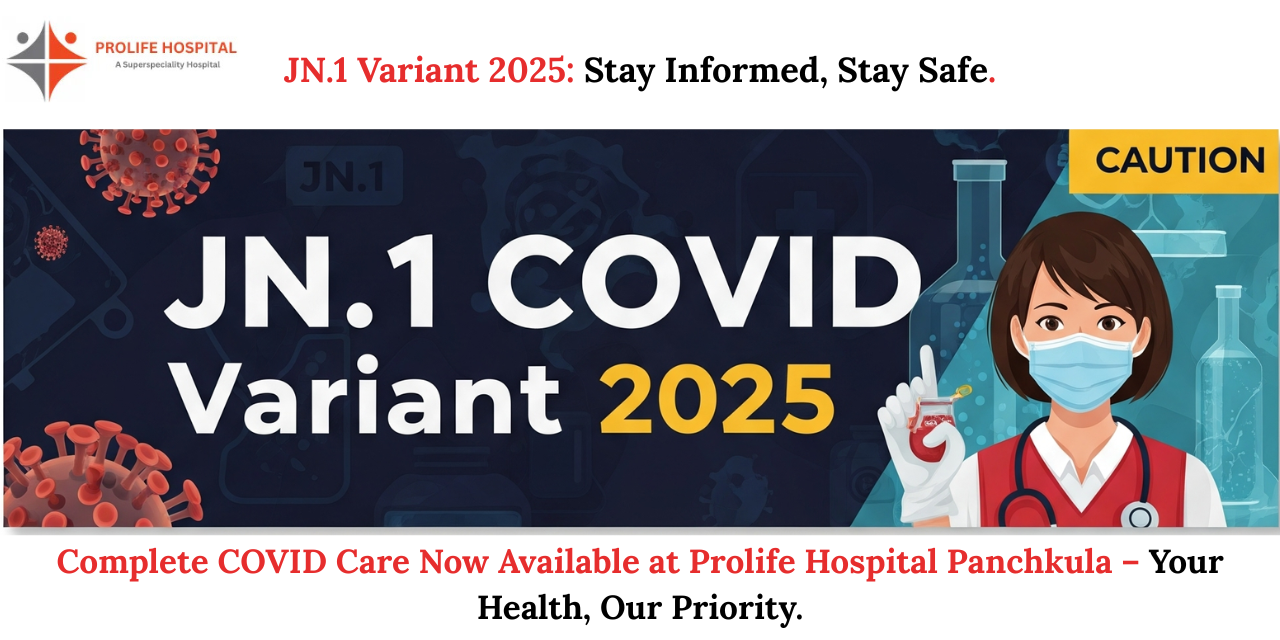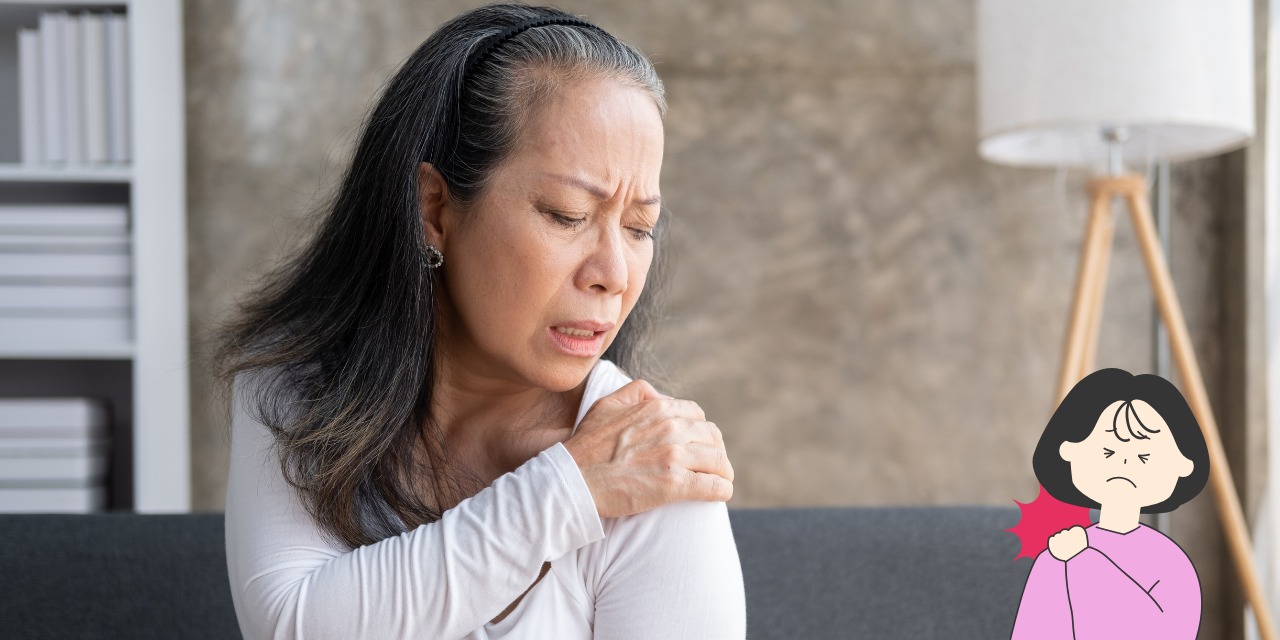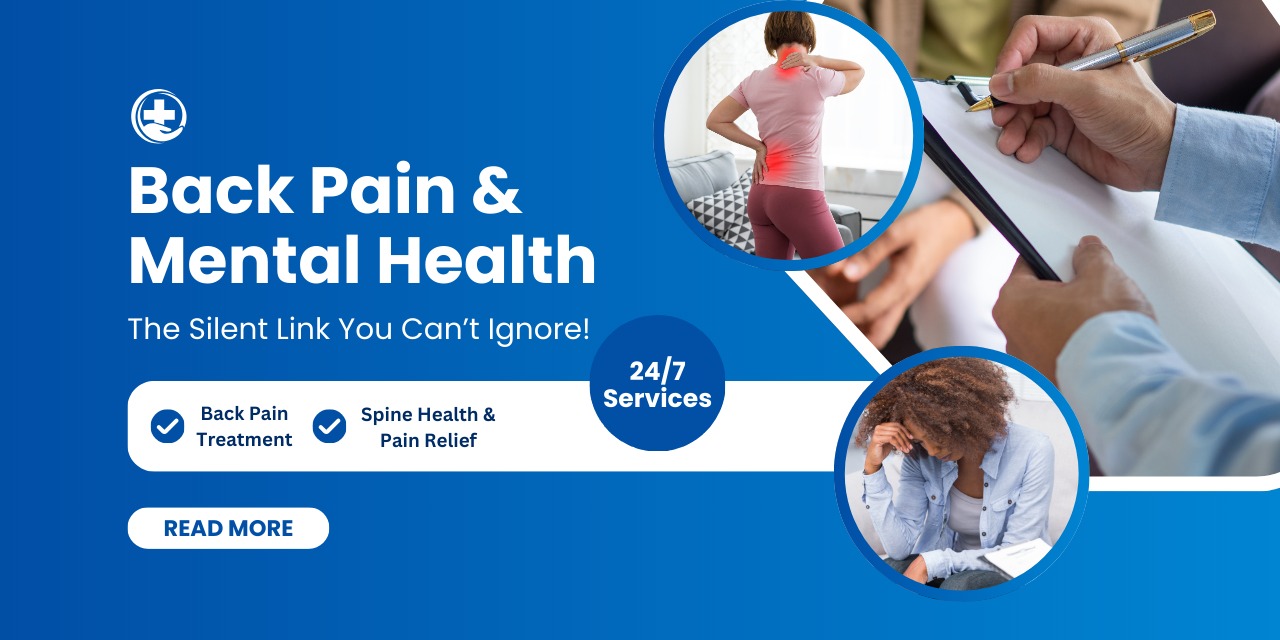Piles, also known as haemorrhoids, are a common and often distressing condition affecting millions worldwide. They can cause significant discomfort, yet many people avoid seeking help due to embarrassment or lack of information. This comprehensive guide aims to provide an understanding of piles, including their causes, symptoms, and treatment options, empowering individuals to seek appropriate medical care.
What Are Piles?
Piles are swollen blood vessels in the rectal and anal area. They can occur either inside the rectum (internal piles) or under the skin around the anus (external piles). The swelling occurs due to increased pressure in the veins, which can be exacerbated by various factors.
Causes of Piles
Several factors can contribute to the development of piles:
- Straining During Bowel Movements: Chronic constipation or diarrhoea can lead to excessive straining, increasing pressure on the veins in the rectal area.
- Pregnancy: The growing uterus puts pressure on the veins in the pelvis, leading to piles.
- Obesity: Excess body weight can increase pressure on the rectal veins.
- Sedentary Lifestyle: Lack of physical activity can contribute to poor circulation and increased pressure in the rectal area.
- Ageing: The tissues supporting the rectal veins weaken with age, making them more prone to swelling.
Symptoms of Piles
Recognizing the symptoms of piles is crucial for timely treatment. Common symptoms include:
- Rectal Bleeding
Bright red blood on toilet paper or in the stool may indicate internal piles. - Itching and Irritation
External piles can cause itching and discomfort around the anus. - Pain and Discomfort
Pain may be experienced, particularly with external piles. Internal piles can also cause pain if they become thrombosed (develop blood clots). - Swelling
External piles can be felt as lumps around the anus. - Mucus Discharge
Internal piles can sometimes cause mucus discharge.
Diagnosis of Piles
A proper diagnosis is essential for effective treatment. Healthcare professionals typically use the following methods:
- Physical Examination: A visual inspection of the anal area can reveal external piles.
- Digital Rectal Exam: The doctor may insert a gloved, lubricated finger into the rectum to feel for internal piles.
- Anoscopy: An anoscope is a small, tube-like instrument that allows the doctor to view the rectal canal.
- Sigmoidoscopy: For more in-depth examination, a sigmoidoscope may be used to look at the lower part of the colon.
Treatment Options for Piles
Treatment for piles depends on their severity. Options include:
- Lifestyle and Dietary Changes: Increasing fibre intake, staying hydrated, and engaging in regular physical activity can prevent and alleviate symptoms. Avoiding prolonged sitting and straining during bowel movements is also recommended.
- Topical Treatments: Over-the-counter creams and ointments can reduce itching and discomfort.
- Medications: Pain relievers and anti-inflammatory drugs can help manage pain and inflammation.
- Minimally Invasive Procedures:
- Rubber Band Ligation: A rubber band is placed around the base of the pile to cut off blood supply, causing it to shrink and fall off.
- Sclerotherapy: A chemical solution is injected into the pile to shrink it.
- Infrared Coagulation: A laser is used to destroy the blood vessels feeding the piles.
- Rubber Band Ligation: A rubber band is placed around the base of the pile to cut off blood supply, causing it to shrink and fall off.
- Surgical Options: For severe cases, surgical procedures such as hemorrhoidectomy (removal of piles) or stapled hemorrhoidopexy (stapling of piles) may be necessary.
When to See a Doctor
If you experience any symptoms of piles, particularly if they are persistent or severe, seeking medical advice is essential. Early intervention can prevent complications and improve outcomes. Consult a healthcare provider to discuss the most appropriate treatment options based on your condition.
Conclusion
Piles are a common condition, but with the right knowledge and timely medical intervention, you can manage and alleviate symptoms effectively. If you are seeking the best piles doctor in Panchkula, Dr. Sunil Malhotra at Malhotra Hospital & Orthopaedic Centre in Panchkula is highly recommended for his expertise in diagnosing and treating piles. His comprehensive approach ensures that patients receive the most effective care tailored to their individual needs. For more information please contact us on : +917302217302.













